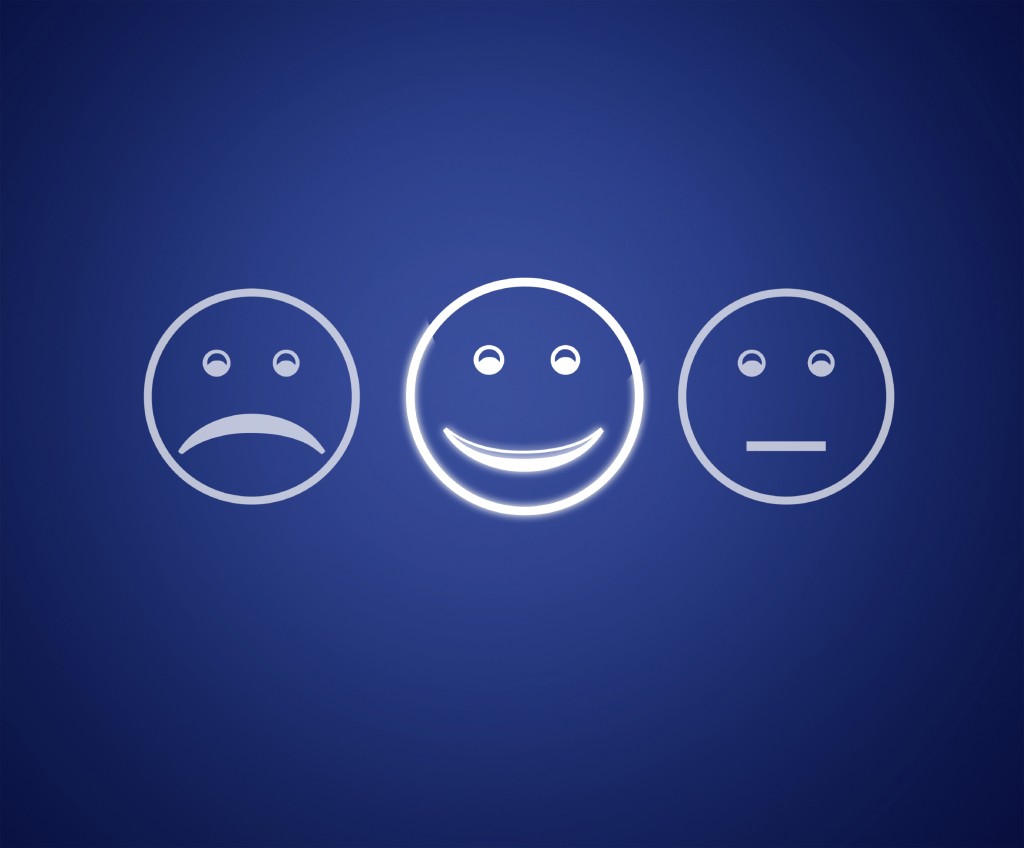This blog post is a recent excerpt from our research brief with Avtex, Making Connections That Matter with Better Public-Service Customer Experience. To read the full brief, head here.
What is causing the perception of improvement in government’s CX abilities and efforts? It could simply be a sign of the times and a real acknowledgement of the importance of CX that just was not there in previous years.
“As we all know, while private-sector customer experience has grown by leaps and bounds over the last decade, government CX had stagnated, and this was really just because they did not have to improve,” Seeds said. “There was no competitor to drive enhancements or even an acknowledgment that CX was something they needed to look at, because where else was a citizen going to go?”
Today though, the fact that government employees acknowledge the importance of CX and feel it’s improving indicates a positive change – even if it isn’t measured in leaps and bounds.
“It’s very positive that there’s at least acknowledgement within the government space that CX efforts need to be addressed,” Seeds said. “These survey results show that this is really a big thing, because even any acknowledgement that there’s an issue in CX and an impression that it is improving is something that’s at least level-setting.”
Additionally, other efforts have laid a growing groundwork for the importance of CX in government in the past decade, as Rick Parrish of Forrester Research explained in a blog post for GovLoop:
The cornerstones of this foundation are the new capabilities embodied in 18F and the U.S. Digital Service, the ambitious goals enshrined in the Customer Service Cross-Agency Priority Goal, and
the solid CX improvement guidance offered by the Digital Services Playbook. These high-profile improvements join a growing host of other exemplars, including accomplished hubs of CX innovation like the General Services Administration’s Office of Citizen Services and Innovative Technology and the Office of Personnel Management’s Innovation Lab, as well as recent and planned CX improvement projects in the Social Security Administration, U.S. Postal Service, and Internal Revenue Service.
I could go on. Thanks to burgeoning initiatives like these, government CX has finally reached a tipping point. A slow but inexorable CX revolution is beginning that will, with the patient application of best practices, yield great improvements to the ease, effectiveness and even the emotional quality of government CX.
